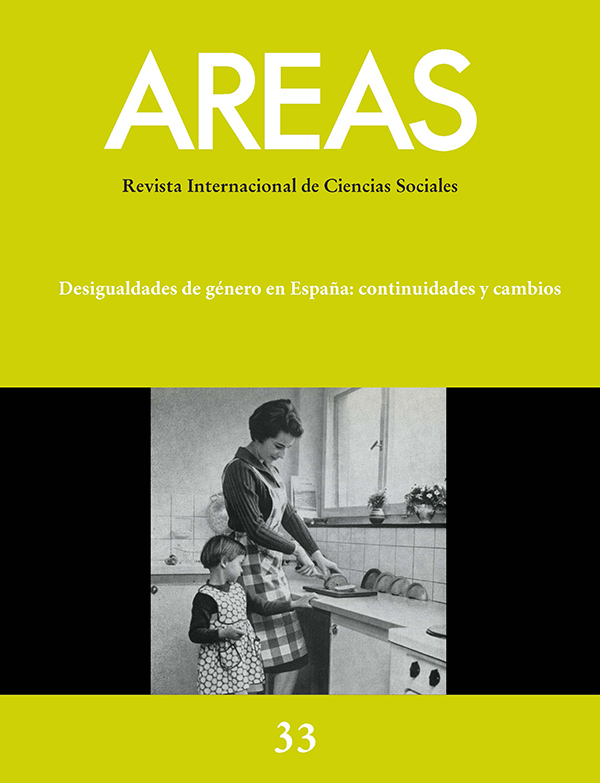GENDER AND CARE: SOCIAL AND INSTITUTIONAL ANSWERS TO THE DEVELOPMENT OF THE MARKET ECONOMY IN EUROPE
Abstract
This article examines from a care approach the social and institutional responses to the development of the market economy in the European context. Studying this long period -which Polanyi called the double movement- is relevant because it constitutes the historical process by which the interests of the market, the logic of profits and its social and scientific naturalization come to dominate. Since then, the importance of care work in people’s life, the reproduction of the labour force, and the provision of welfare and social insurance have been ignored. Until very recently, historical analyses have focused on the emergence of the Welfare State, regardless of how the state’s answers interacted or modeled with other spheres of welfare provision, especially the family through women’s unpaid work. The article focuses on the European experience and the period analyzed comprehends the disintegration of communal and assistance care with the Old Regime Crisis, the development of charity and associations as solutions to the inhibition of the Liberal State in the 19th century -solutions that were limited and insufficient, leading to the state assumption of the care and assistance functions, embryo of the development of later Welfare States after World War II.Downloads
Download data is not yet available.
Metrics
Views/Downloads
-
Abstract1035
-
PDF (Español (España))869
29-12-2014
Carbonell Esteller, M., Gálvez Muñoz, L., & Rodríguez Modroño, P. (2014). GENDER AND CARE: SOCIAL AND INSTITUTIONAL ANSWERS TO THE DEVELOPMENT OF THE MARKET ECONOMY IN EUROPE. Areas. International Social Science Journal, (33), 17–32. Retrieved from https://revistas.um.es/areas/article/view/215931
Artículos
The published works by this Journal are subject to the following terms:
1. The Publication Service of the University of Murcia (the Editor) owns the copyright of its publications. It promotes and allows its use under the indicated licence in Section 2.
© Servicio de Publicaciones, Universidad de Murcia, 2011
2. Papers are digitally published under the licence Creative Commons Reconocimiento-NoComercial-SinObraDerivada 3.0 España (legal text). They can be copied, used, disseminated, transferred and publically presented if: i) the author is quoted, as well as the original source of publication (Journal, editorial and URL); ii) they are not used for commercial purposes; iii) the licence of use is mentioned.
3. Auto-file Conditions. It is allowed and authors are encouraged to digitally disseminate their pre-print versions (versions prior to review) and/or post-print (reviewed version accepted for its publication) since it promotes its early diffusion and the corresponding increase of quotes and scope within the academic community. RoMEO Colour: green.


